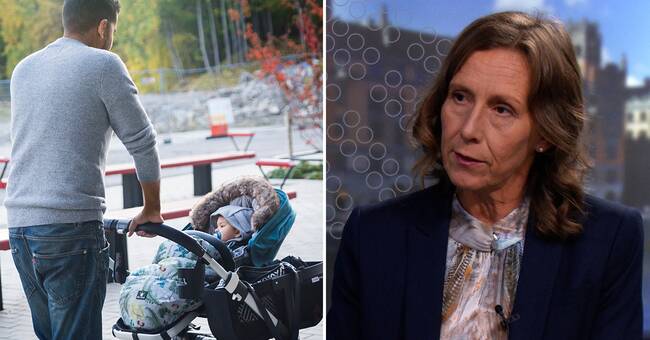A large part of the government's autumn budget, about 40 percent, is spent on households, says Arturo Arques, who works as a private economist at Swedbank.
- Virtually everyone gets something, then not everyone gets the same amount, he says.
Investment in sickness and activity compensation
But there are some groups that are allowed to take a larger share of the pie: People who receive sickness benefits or sickness and activity compensation, families with children and pensioners.
- Pensioners with a guarantee pension and get more as the housing supplement is increased and they get a small tax reduction, says SVT's financial commentator Kristina Lagerström in SVT's broadcast.
According to Arturo Arques, it is important not to stop with economic stimuli too soon after a sharp economic downturn, like the one we saw during the pandemic.
- Since a large part of the economy and growth is due to private consumption, we want to ensure that households' ability to consume is strengthened.
People who live on the margins will to a greater extent use this money you get in your wallet, he says.
Ways to even out gaps
Américo Fernández, private finance spokesperson at SEB, believes that the budget investments can also be seen as an attempt to even out income gaps.
- The asset values, the stock market and the housing market, have gone like a train during the entire pandemic.
It has benefited people who are in work, own their home and have savings on the stock market.
Some groups have lagged behind financially and they are the ones that are being invested in this budget, he says.
Many people do not notice anything
The government also wants to implement broad tax cuts that are aimed primarily at low- and middle-income earners with a maximum amount of 110 kronor.
However, the vast majority of Swedes will not notice any major difference in their wallets, believes Américo Fernández.
- Those who are left out of this budget are those who are gainfully employed, but at the same time a lot has been invested in them in previous budgets, he says.

